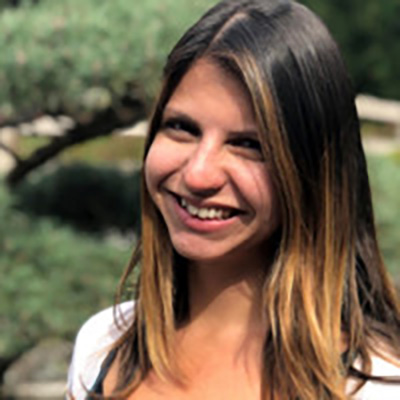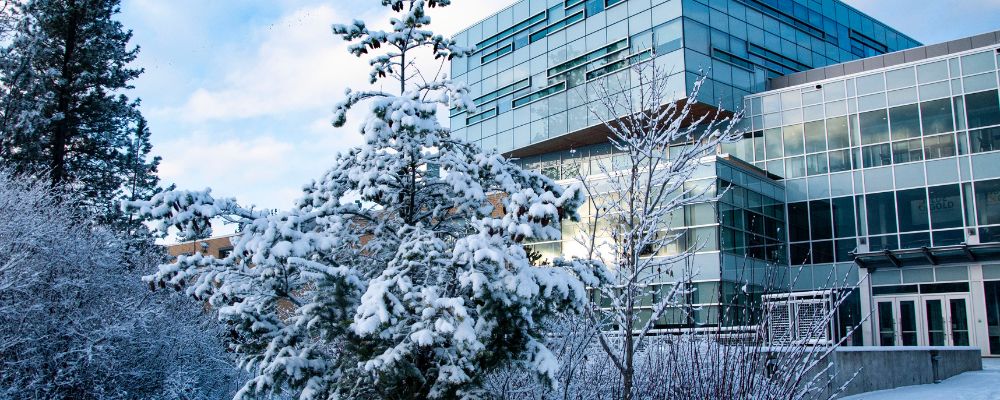
“Do the salmon use the rocks as pillows when they sleep?” It’s the type of curious wondering that sits at the heart of the Time of the Red Salmon event at École Peter Greer Elementary. The two-day learning experience has been thoughtfully designed to connect every classroom with the stories, environmental science, stewardship, and responsibilities tied to salmon in Syilx Okanagan territory.
Each classroom moves through three stations that bring together captikʷł, language and land-based learning. The experience is shaped by the presence of honoured guests who have come to share their time, and see this work as an investment in the next generation of caretakers of the land.
“Salmon are part of our history, but they are also part of our responsibility,” says Dan Wilson, Chief of the Okanagan Indian Band. “When our children learn where salmon come from, what they need to survive, and the role we play in protecting them, they are learning what it means to be good caretakers. This kind of learning helps carry our teachings forward in a way that is alive, meaningful, and rooted in the land.”
Back in the library, two staff members from the Okanagan Nation Alliance Salmon Fisheries Department Hatchery provide an overview of the salmon life cycle and share the work being done to support their return, grounding students’ learning in the realities of restoration and stewardship.
“Beautiful!” the students gasp in delight as a photo of a group of bright red salmon is featured on the screen.
Outside in the courtyard, another kind of learning was unfolding.
Syilx Chef Chantelle Eustache, owner of Land to Table Catering, stood between two open fires, guiding students through the process of unfuelled salmon cooking. Flames flickered. Salmon and baby carrots slowly roasted. Students knelt beside the fire pits with parent volunteers nearby to support.
“Some of these kids have never even been by a fire,” Chantelle says. “You can actually watch a change in their energy. Their demeanour changes, their focus changes, and they’re really activated in that setting.”
Chantelle has spent years harvesting from the land and sharing Indigenous food knowledge through community-based education. She sees experiences like this as deeply formative for the children.
“We’ve created systems where kids are institutionalized Monday to Friday,” she says. “So bringing Indigenous foods and cooking practices into schools is really important. For a lot of these students, this is their first experience seasoning food, preparing food, or cooking something for themselves. Doing it over an open flame, with Indigenous food, makes it even more meaningful.”

Back inside at the last experience for the day, the students had an opportunity to treat their taste buds with smoked and candied salmon, salmon dip and even a faux salmon made from watermelon.
James Minkus, Principal, had spent days preparing for the tasting portion of the event. He has been carefully crafting and smoking the salmon, basting it with layers of maple syrup and brown sugar. For James, the hands-on experience reflects a broader commitment to how learning shows up in the school community.
“Teaching students about the importance of salmon to our Indigenous communities is an example of our commitment to take action for truth and reconciliation,” says James.
The students who enjoyed the treat the year before were ecstatic, while others hesitated at first, eyeing the salmon and their peers before deciding whether to try it.
A language lesson from syilx educator Marnie Gregoire wrapped up the event. The students learned water-related words in nsyilxcən and a couple of songs. Some students took the opportunity to learn more and excitedly asked about other words — like “bestie.”
Sukhmeen Gill, teacher intern, BEd ’26, felt fortunate to have the opportunity to participate in the event during her final field experience.
“I felt it was a wonderful experience for the students to learn about the importance of salmon through hands-on activities,” says Sukhmeen. “They showed great curiosity and asked lots of follow-up questions.”
Behind the scenes, the experience was carefully woven together through relationships, trust-building, and collaboration. Rose Alexis, Peter Greer Indigenous Advocate and Okanagan Indian Band member, and Danielle Lamb, a UBC Okanagan School of Education staff member, organized the Time of the Red Salmon for a second year.
“We are overcoming the long colonial history of being invisible on our lands and having school events like our Time of the Red Salmon event allows for space and place to be seen and heard,” says Rose. “Inviting local syilx Elders along with community member volunteers into the school is one way of changing that. It shows students that this learning is carried collectively.”
For Danielle, a highlight of the event is seeing the students gain a greater understanding of how important salmon are to this territory.
“There was a time in this valley when salmon swam in Okanagan Lake. Today, thanks to collaborative efforts, I have hope that these kids will see the salmon return,” says Danielle. “Over the past five years through the Co-Curricular Making Project I have witnessed hundreds of educators in the Central Okanagan Public Schools responding to the Calls to Action. This learning experience really highlights the importance of learning with, from and alongside the syilx People to live better in this place.”
The event ends, but the memories and wonderings linger. Do the salmon use the rocks as pillows when they sleep? To a child, they might. And that type of thoughtful wondering may lead them toward a deeper care and connection for the land and water around them.
This project was made possible through funding from the Co-Curricular Making Project and UBC Partnership Recognition and Exploration Grant.












